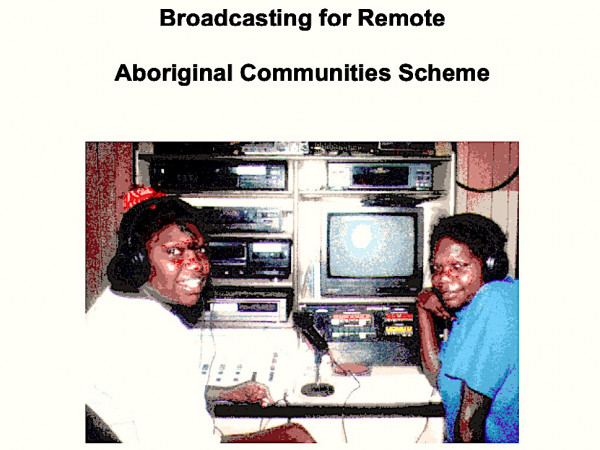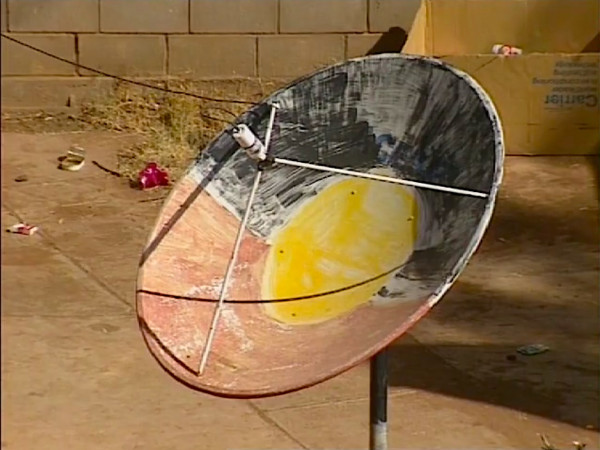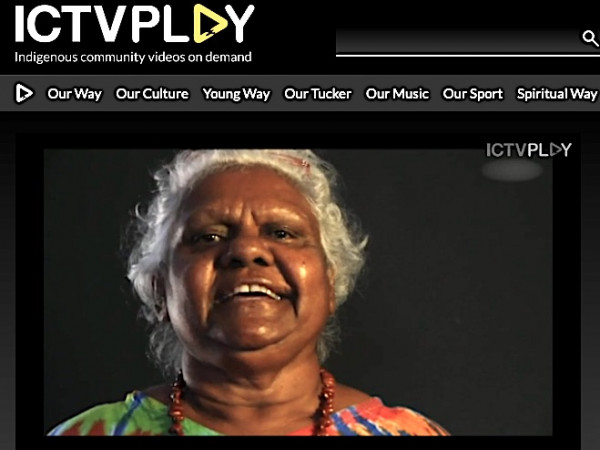Neil Turner
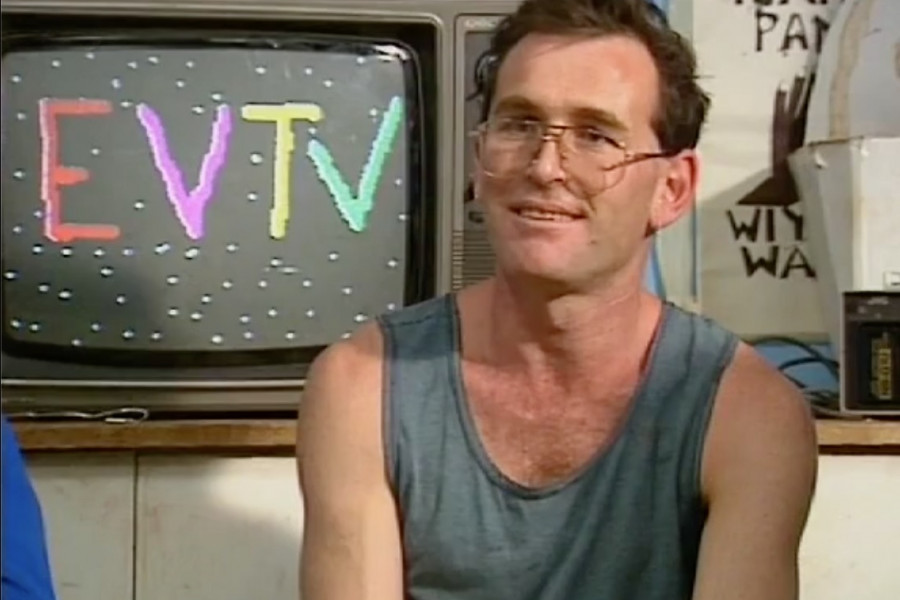
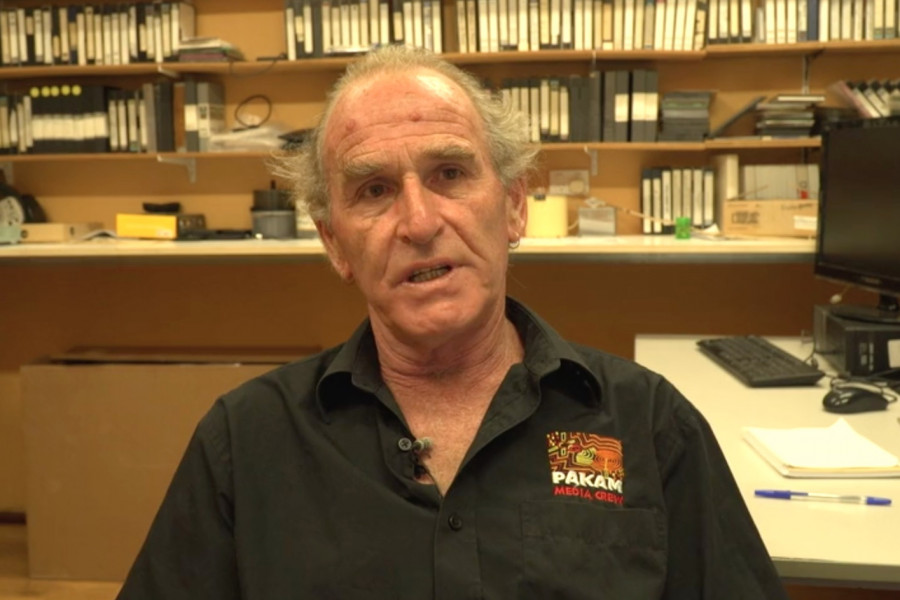
Neil has been the manager of Pilbara and Kimberley Aboriginal Media (PAKAM) since 1996. Before that he worked on the Anangu Pitjantjatjara Lands for 11 years as Coordinator of Ernabella Video Television (EVTV) and Pitjantjatjara Yankunytjatjara (PY) Media. He was author of the 1998 National Report on the Broadcasting for Remote Aboriginal Communities Scheme and worked on establishing the Indigenous Community Television (ICTV) and National Indigenous Television (NITV) services.
Neil received the Mr McKenzie Award for his contribution to remote Indigenous television in 2014. He currently serves as Secretary on the Board of ICTV.
Neil was interviewed in the PAKAM offices in Broome, by Tony Dowmunt in the UK via Zoom.
'A priceless cultural heritage for all of Australia’ (interview with full transcript & links)
"I remember the shoot for Satellite Dreaming well…"
"It was possibly…the last such recording trip that EVTV… pulled off"
"There was a whole separate cabinet for women's secret sacred material…"
"A lot happened for BRACS following the making of Satellite Dreaming…"
"…we were made aware that the digital conversion was going to be coming…"
"…what's happened with Seven Sisters recording since those days…"
"The recording of traditional song and dance…is vital cultural work"
At the time of the programme, Neil was the Coordinator of Ernabella Video Television (EVTV)
The problem is, perhaps, that the equipment has gone in without necessarily communities having the sort of experience or media policies in place we’ve had here. We for example, broadcast for a full year before we got a satellite dish ourselves with our own money, and broadcast local programme mixed with video footage sent up from Adelaide to get the community used to that concept. And we had 4 hours broadcast a night, of which 1 hour was in Pitjantjatjara.
Ernabella Video Television started as a video project in 1984. Since that time we’ve produced over 80 edited programmes, and we sell those locally, and all over the country, and we’re continually adding to that stock. We have hundreds of hours of traditional dance particularly, and football, all sorts of subject areas in our video library…
The committee was originally formed with Ernabella residents only, to establish the broadcasting hours and policies. They were all older people, and it’s under their direction that we began recording traditional dreaming stories on site.
It was amusing when we first got Imparja broadcasting, and it was actually a committee member who came racing to me one Monday and said “Why didn’t you broadcast on the weekend. I wanted to watch the football!’, and I pointed out ‘Well, that was actually your committee’s policy…’ And he said ‘Well, that was alright back then when…but now we’ve got the football, we want to watch it!’. So, it was just like that, overnight policy changed according to public demand.
We enable them to do the same sort of thing that they used to do traditionally, that is to visit sites and to re-empower those sites though performance, and to…keep them alive as a thing of great cultural significance.
Custodians invited us here to Kuruala to record some scenes of the Seven Sisters that we’d recorded with them last year. Last night they sang a song from Ooldea that hadn’t been sung for many, many years: they were so happy and excited for that, that they've changed their agenda: they want us to record this song in daylight, dances to go with it, to tale back to Ernabella to broadcast.


